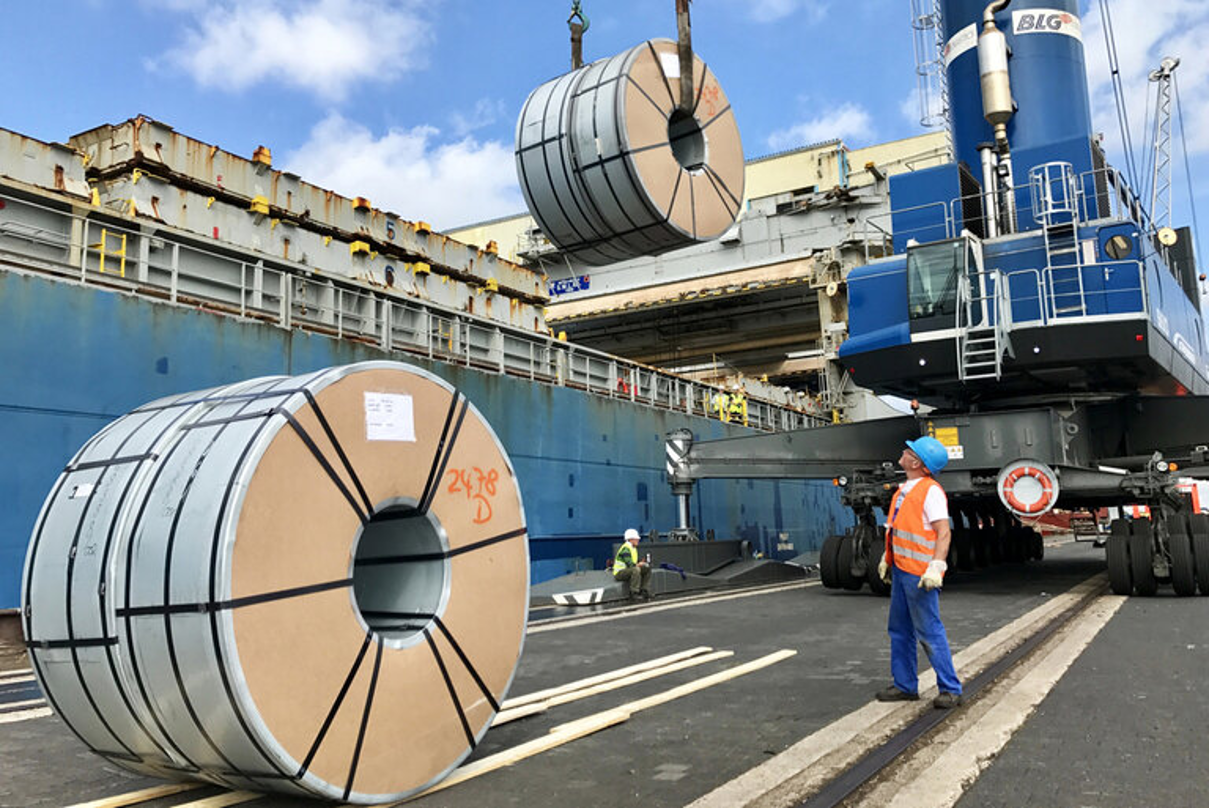Canada
April 3, 2025
Tariff fallout: Canada strikes back, Stellantis idles, GM boosts production
Written by Stephanie Ritenbaugh
Canadian Prime Minister Mark Carney has pledged 25% retaliatory tariffs on US-made vehicles in response to Trump administration’s levies on auto imports.
Meanwhile, automaker Stellantis announced it is temporarily shutting down production at its Windsor, Ontario, and Toluca, Mexico, assembly plants and laying off a number of US workers.
It’s just one action taken by automakers as they adapt to the new trade landscape marked by months of tariff announcements, delays, and threats of economic retaliation.
The moves come one day after President Trump’s reciprocal tariffs were announced, a day he dubbed “Liberation Day,” with a 10% minimum tax on imports.
The United States’ USMCA partners, Canada and Mexico, are excluded from the reciprocal tariffs for now. But both countries are facing their own set of tariffs that were already announced.
Canada responds
Thursday, Canadian Prime Minister Mark Carney said the US-imposed tariffs “will rupture the global economy and will adversely affect global economic growth.”
“We must respond with both purpose and force,” Carney said.
On March 4, the US imposed 25% tariffs on Canadian exports, and 10% on energy exports. The Trump administration then said there would be a 30-day delay on those blanket tariffs – the second time they were delayed.
Then, on March 12, the US officially reinstated undiluted Section 232 tariffs on steel and aluminum. With all special arrangements erased, the tariff rate on steel imports from Canada, Mexico, and Australia has moved from 0% to 25%.
Now, Canada and Mexico will be facing 25% tariffs on imports of foreign-made vehicles.
In response, Canada will apply tariffs to US-made vehicles that aren’t covered by USMCA, the deal that was struck during Trump’s first term to replace NAFTA.
Stellantis pauses
The temporary shutdown at Stellantis’ Canadian and Mexican plants is expected to last two weeks, beginning April 7, for the company that makes Jeep, Ram, Dodge and Chrysler, and other brands.
As a result, workers will be temporarily laid off at the Warren Stamping and Sterling Stamping plants in Michigan, as well as the Indiana Transmission Plant, Kokomo Transmission Plant, and Kokomo Casting Plant in Indiana, the company confirmed to SMU.
Unifor National President Lana Payne, whose union represents more than 4,500 workers at Stellantis’ Windsor plant, said, “Unifor warned that US tariffs would hurt auto workers almost immediately and in this case the layoffs were announced before the auto tariff even came into effect.”
“Trump is about to learn how interconnected the North American production system is the hard way, with auto workers paying the price for that lesson,” Payne said in a statement.
In a letter sent to North American employees, Stellantis COO Antonio Filosa wrote that the company has decided to take some immediate actions as it assesses the effects of tariffs on its operations.
“Those actions will impact some employees at several of our US powertrain and stamping facilities that support those operations,” Filosa said. “These are actions that we do not take lightly, but they are necessary given the current market dynamics.”
Other automakers react
General Motors (GM) is reportedly increasing production of full-size pickup trucks at its assembly plant near Fort Wayne, Ind., and hiring hundreds of temporary employees, The Detroit News reported Thursday.
The company did not directly attribute the move to the new penalties on imported vehicles, saying “General Motors will be making operational adjustments at Fort Wayne Assembly, including hiring temporary employees, to support current manufacturing and business needs.”
While Hyundai Motor Group had previously said it would reevaluate its pricing in the wake of new levies, a company executive said Thursday it had no plans yet to raise prices.
Jose Munoz, co-CEO of Hyundai, told Reuters at an auto show in South Korea, “We have seen the tariff announcement and we are evaluating the impact.”
Recall that Hyundai recently announced a nearly $6-billion investment to build an EAF steel mill in Louisiana to supply steel for the company’s automotive interests in the southeastern US.







